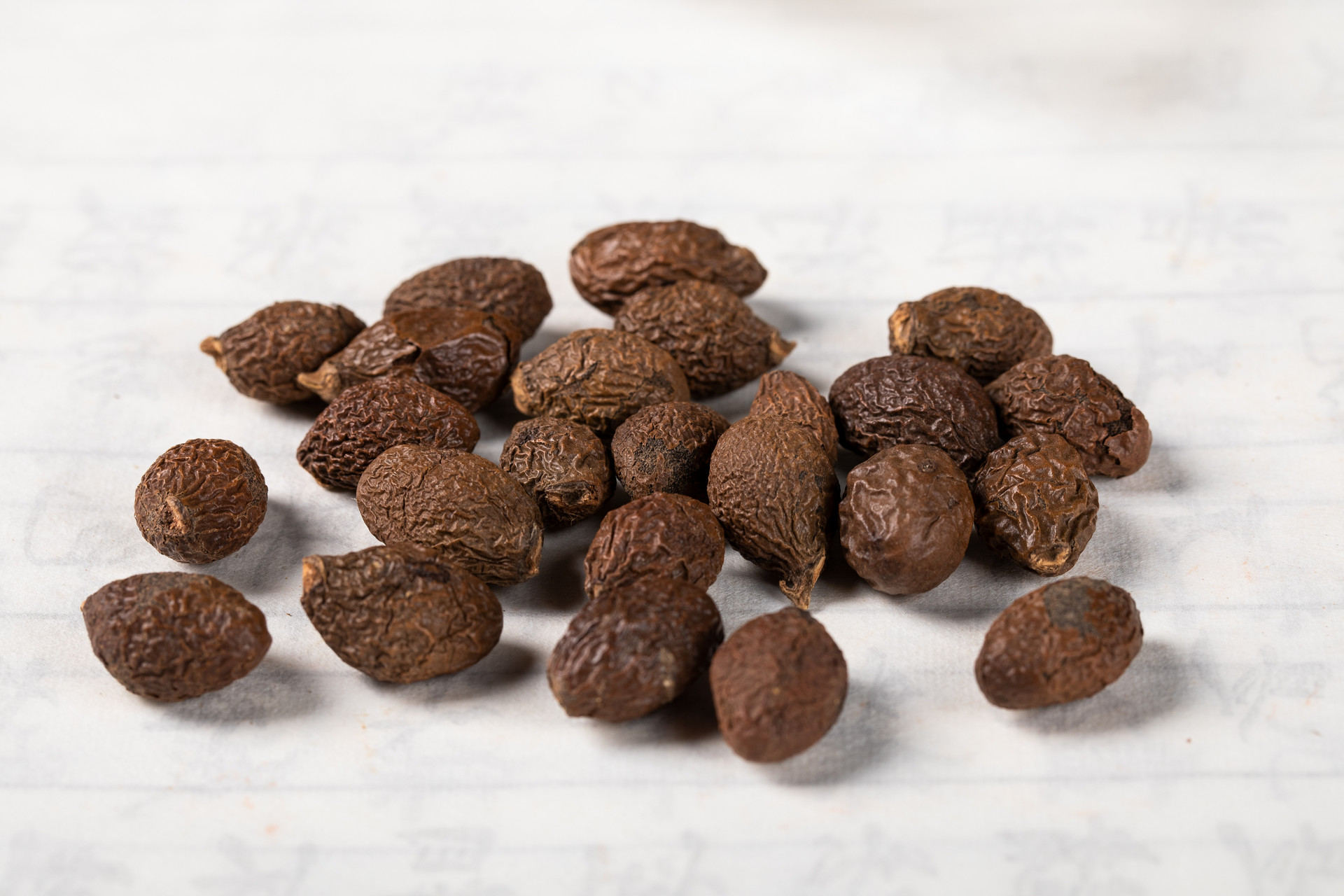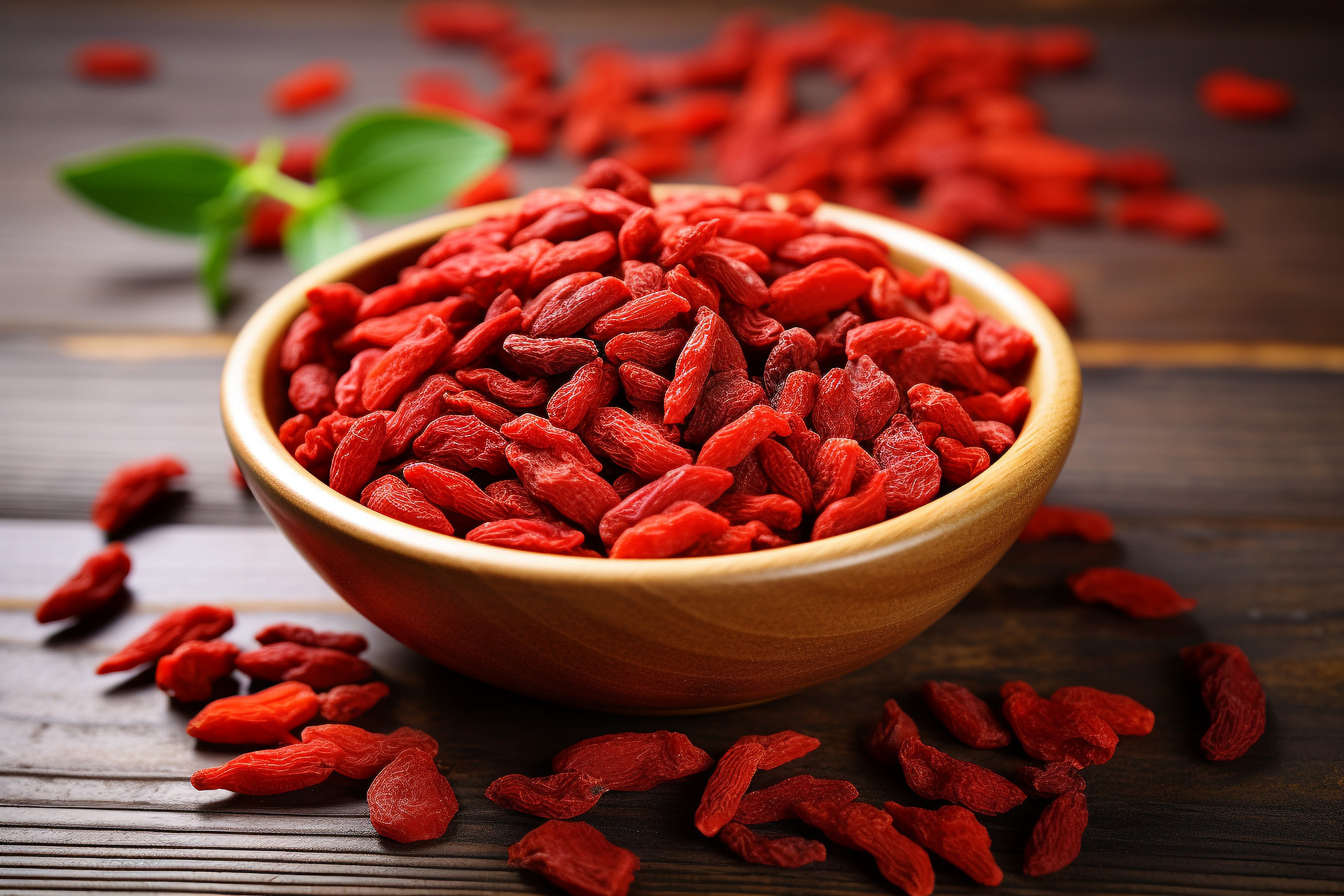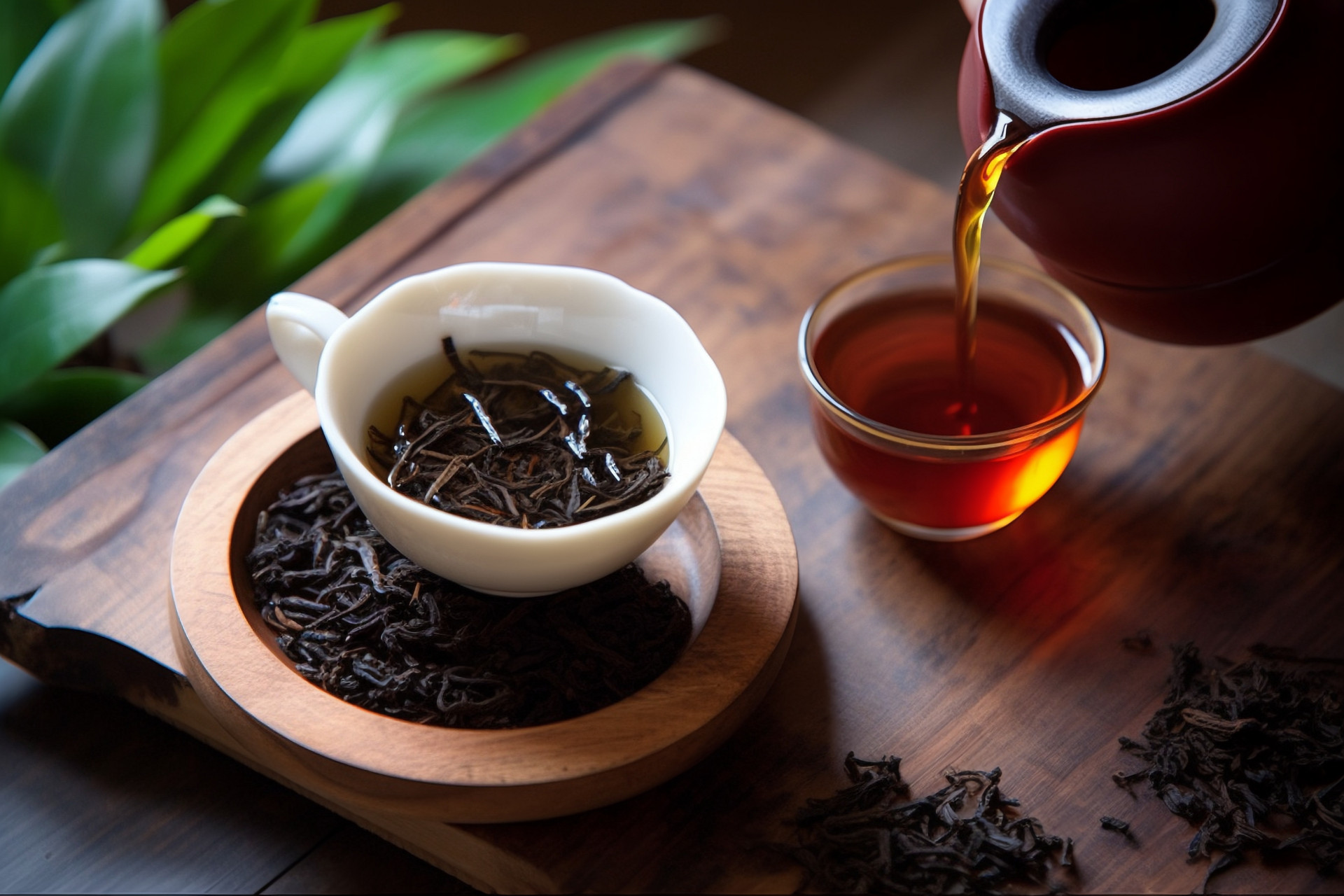Huangjuhua, mainly produced in Beijing, Nanjing, Shanghai, Anhui, Tianjin, Wuhan, Sichuan, Zhejiang, Henan and other places, is a perennial herbaceous plant of the Asteraceae family. Chrysanthemum has the effects of clearing heat and detoxifying, quenching thirst, relieving toxicity, calming the mind, improving eyesight, and relieving inflammation and pain. It is mainly used to treat wind-heat cold, headache and dizziness, red and swollen eyes, blurred vision, and abscesses and swellings.
Dispelling wind and dispersing heat
Chrysanthemum has a pungent and dispersing taste, which clears the body and reaches the surface, and can clear heat and dispel wind-heat. However, its ability to disperse external pathogens is not strong. It is commonly used to treat wind-heat cold, or the initial stage of warm diseases when warm pathogen invades the lungs, causing symptoms such as fever, headache, and cough.
Suppression of liver yang
Chrysanthemum has a cold nature and enters the liver meridian. It can clear liver heat and suppress liver yang, and is commonly used to treat symptoms of liver yang hyperactivity, headache, and dizziness. It can be used together with other herbs that suppress liver yang, clear liver heat, and extinguish liver wind.
Clearing liver and improving eyesight
Chrysanthemum has a pungent and bitter taste, with a slightly cold nature. It enters the liver meridian and can disperse liver wind-heat and clear liver heat to improve eyesight. It can be combined with other Chinese herbs to treat red and swollen eyes caused by liver meridian wind-heat and liver fire attacking upwards. If there is insufficient liver and kidney essence and the eyes are not nourished, with symptoms of blurred vision and unclear vision, it can be combined with corresponding Chinese herbs to nourish the liver and kidney and improve yin and clear the eyes.
Clearing heat and detoxifying
Chrysanthemum has a bitter taste and a slightly cold nature. It can clear heat and detoxify, and can be used to treat abscesses and swellings. It can be combined with other Chinese herbs. However, compared to wild chrysanthemum, the original effect of clearing heat and detoxifying is weaker.
Anti-oxidation and anti-aging
The flavonoids contained in chrysanthemum have the ability to scavenge free radicals and have strong antioxidant activity. The antioxidant activity of chrysanthemum is closely related to the content of flavonoids, so chrysanthemum has the effect of anti-oxidation and anti-aging.
Anti-cardiovascular diseases
Because the flavonoids contained in chrysanthemum have the effects of reducing blood lipids, lowering cholesterol, inhibiting blood clots, and dilating coronary arteries, regularly drinking chrysanthemum tea has a good inhibitory effect on coronary heart disease, hypertension, arteriosclerosis, and hypercholesterolemia.
Enhancing immune function
The zinc element contained in chrysanthemum is a nutrient for the development of the thymus, an immune organ, which can effectively ensure thymus development, normal differentiation of T lymphocytes, and promote cell immune function. In addition, selenium can enhance the body's immune function. Chrysanthemum can also supplement various amino acids and vitamins needed by the human body.












